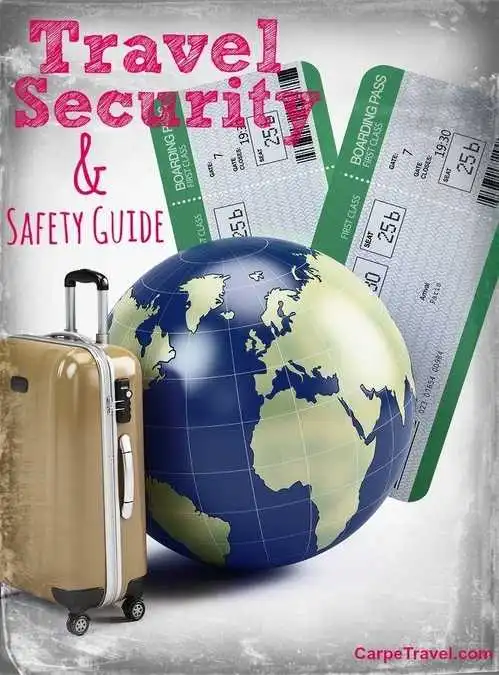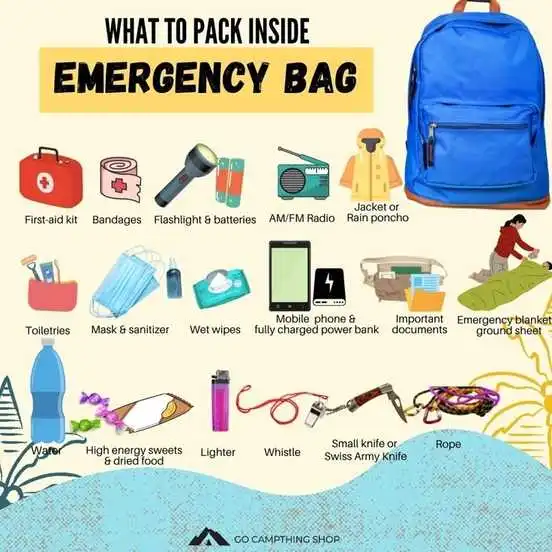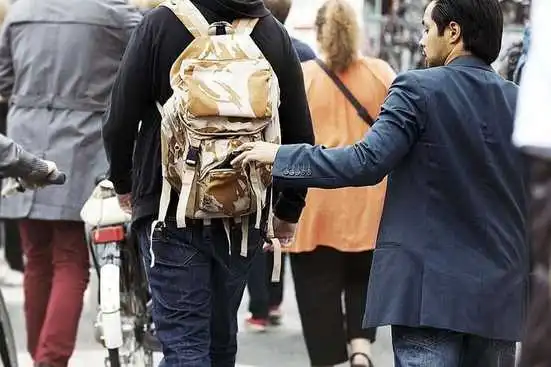Traveling is an exciting adventure, but prioritizing travel safety is essential for a smooth and enjoyable experience. Whether you’re venturing out alone or traveling with others, taking proactive steps and staying alert can significantly reduce risks, ranging from security threats to health issues and financial loss. With careful planning, such as researching your destination, respecting local customs, protecting your belongings, and remaining aware of your surroundings, you can enhance both your safety and your overall travel experience.
Travel Safety Tips

Research Your Destination
Thoroughly researching your destination is one of the most effective ways to ensure a safe and enjoyable trip. Understanding local customs, laws, and potential safety concerns helps you make informed decisions and navigate unfamiliar environments with confidence.
- Before you travel, check for travel advisories issued by your government or reputable travel organizations. Keep up with recent news about the destination, including political developments, health alerts, or weather-related concerns (e.g., search: [Country Name] travel advisory). For those traveling to Nigeria, visit this website.
- Learning about the culture and customs of your destination can also help you avoid misunderstandings or unintentional disrespect. Social norms, ranging from greetings to dress codes, often vary widely from your home country. Also, be mindful of local laws. Respecting these differences demonstrates cultural awareness and can foster positive interactions.
What Essentials Should You Pack for Safety?
Packing smart can greatly enhance your travel safety. Start by safeguarding your documents and belongings.

- Make copies of essential documents such as your passport, visa, travel insurance, and credit cards. Store digital copies securely in the cloud or email them to yourself so they’re accessible in case of loss or theft. Carry a travel document organizer or RFID-blocking wallet to keep your paperwork safe and organized. Look for one with compartments for passports, boarding passes, tickets, and cards.
- Prepare a basic travel first-aid kit. Include bandages, antiseptic wipes, pain relievers (e.g., paracetamol or ibuprofen), antihistamines, and medication for digestive issues like diarrhea. If you’re visiting a hot climate, pack sunscreen, after-sun lotion, and electrolyte tablets.
- Secure your luggage with Transportation Security Administration (TSA)-approved locks to deter theft. Use the locks to secure zippers and compartments, and consider using a cable or chain lock to attach your luggage to a fixed object, especially in public places.
Stay Alert and Aware
Staying alert and aware in unfamiliar environments is key to travel safety. Begin by prioritizing rest before your trip and avoid deliberately losing sleep to “tire yourself out,” as fatigue can dull your judgment and awareness.

- While on the move, remain observant. Watch the people, vehicles, and activities around you. Trust your instincts; if something feels off, take action (raise an alarm) or move to a safer space. Avoid distractions like using your phone or wearing headphones in crowded or unfamiliar places so you can respond quickly to any potential threats.
- Be cautious about accepting help from strangers, especially with your bags or directions. Always verify the identity of anyone claiming to be an official. Use only reputable transportation services and book your rides or tickets in advance when possible.
- Avoid oversharing personal information with strangers. Whenever feasible, travel with companions or in groups, particularly in high-risk areas; there’s safety in numbers. Set up a communication plan with your companions or loved ones at home. Share your itinerary, establish regular check-ins, and agree on a meeting point in case you get separated.
Conclusion
By taking time to plan, researching wisely, and remaining alert during your journey, you can enjoy your travel experiences with greater confidence and peace of mind. Travel safety is important. Staying safe doesn’t mean being fearful; it means being prepared. Let each trip be memorable for the right reasons by making safety a consistent part of your travel strategy.





